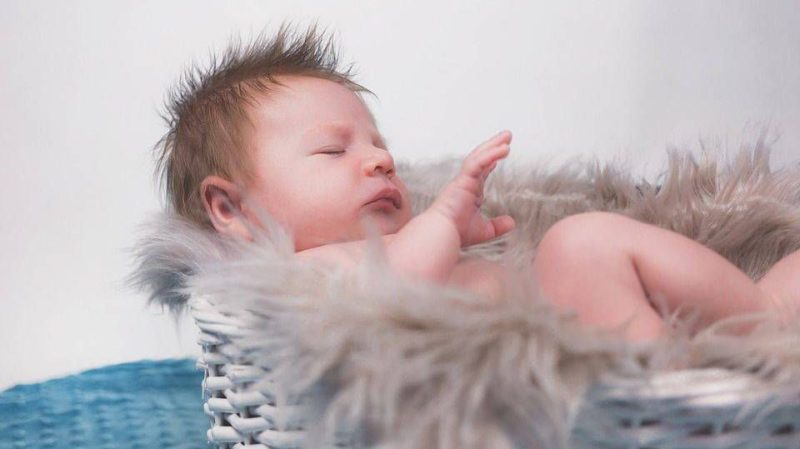05.03.2018, Berlin.
German Bundestag conducts debates on the abolition of a law prohibiting doctors from advertising the practice of abortion as a service, the Frankfurter Allgemeine Zeitung (FAZ) German newspaper reports on February 22.
These debates were initiated due to the protests against a fine of 6,000 euros. This fine was imposed on a doctor who posted information about the possibility of pregnancy termination on her web page. The verdict handed down to the doctor collected 150,000 online protest petition signatures requiring the cancellation of the verdict.
Supporters of the liberalization of abortion legislation in Germany argue that the debated law, the application of which led to finding the doctor guilty, was inherited by Germany from Nazi times. This law was introduced into a legal code in 1933 together with the “Law on the Prevention of Progeny with Hereditary Diseases,” which envisaged the forced sterilization of certain categories of citizens for reasons of preserving the Aryan race purity. The forced sterilization of almost half a million German citizens was carried out guided by this law. After the crushing of the Nazi regime, this law was abolished. However, a paragraph prohibiting advertising the practice of abortion was retained in the German law.
Opponents of the revision of the law, among which, first of all, the Catholic Church and right-wing parties, refuse to consider abortion as a common medical service. They discuss the need to preserve the paragraph which prohibits the advertising of abortions. Other parties suggest modifying it to make it more reflective of the spirit of the times.
Presently in Germany, the practice of pregnancy termination is legal and not subject to penal sanctions if it occurs no later than 3 months after the onset of pregnancy. Prior to carrying out an abortion, a woman is interviewed in a special counselling center. It is also important to note that Germany is the country with the lowest abortion rate, which is less than 7 per 1000 women at the age of 16 to 49 years. This is 3 times lower than in Russia.
Pregnancy termination is a heated debated issue not only in Germany, but also in Russia, where the legislation presently is one of the most liberal in the world. For example, in November 2017, activists of the all-Russian civil movement “For Life!” brought to the presidential administration more than 200 boxes containing a million signatures against abortions collected in 85 regions. However, only 3 cartons were accepted. The rest was rejected due to incorrect registration of subscription lists. Supporters of the civil movement announced that they are not going to surrender. Re-registering lists, activists continue to bring boxes with collected signatures.
At the same time, the activists of the movement emphasize that they advocate not only a legislative ban on pregnancy termination, but they aim to change public opinion regarding abortion. They call on the state to give freedom to citizens and doctors, permitting doctors to reject the carrying out of an abortion requested by a woman. Also, the consent of the medical staff in clinics should be required. Additionally, the movement urges the state to expand support to women who find themselves in difficult economic or housing situations, so that the desire to terminate pregnancy shall not be dictated by economic or social disparities. Furthermore, opponents of abortion are calling for the abandonment of a one-sided understanding of the term “family planning”, where planning means only the denial of pregnancy and measures in preventing conception. Activists propose to enhance state advocacy to promote large families.
Opposed to this, those who support further liberalization towards abortion, among which there are various NGOs and feminist organizations, call for the rejection of any restrictions on pregnancy termination. They also point to the need for improving the sexual literacy of people in contraceptive use, beginning with school or even preschool age.
It should also be noted that the level of abortion in Russia has been consistently declining since the late 1980s. For example, in the 60s, there were almost 300 abortions per 100 live births, and in 2014 there were only 48.
Source: Rossa Primavera news agency




